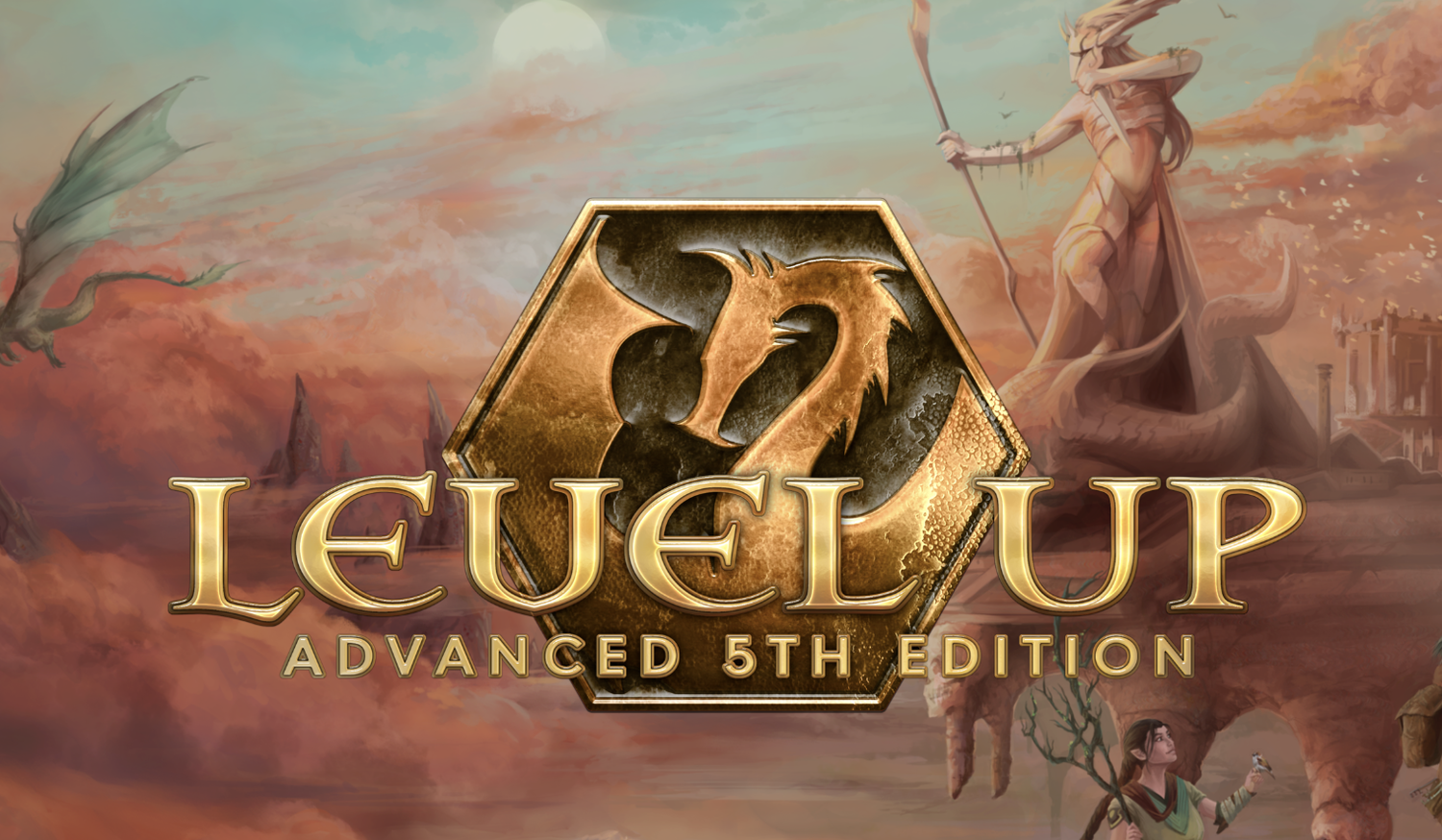MuhVerisimilitude
Adventurer
Imagine that you had a spell and you wanted to create an upgraded version of that spell for a higher level spell slot, this spell need not be identical to the previous one, but it needs to feel thematically related. You can start by just looking at the spell you want to upgrade and consider some parameters. You might increase damage, you might change casting time, you might change duration etc. etc in short there are plenty of different ways you can change this spell.
Consider Fireball vs Delayed Blast Fireball. One is an upgraded version of the other spell at a higher level and with several things having changed.
They didn't just change the DC.
When you think about this system and how to improve components of it, it is natural to think of things changing in more than a single way.
Skills, though, are not like this. All skills are one dimensional, they only upgrade in one single way. Whoah +10 athletics! Amazing! No it's just that you're slightly more likely to pass that DC whatever check than if you had a +9. Yeah sure the number is higher but what does it do? What actually changes? Nothing. In my opinion this design is bad. It's particularily annoying because it makes people think about their skills as just numbers, which is quite different from how people think about spells.
A low level wizard knows that at a higher level he will be able to cast wish or dimension door. A low level fighter knows that at a higher level he will be slightly more likely to succeed a DC 18 athletics check.
In my opinion the current system is excessively granular while at the same time considering improvements only along one dimension. It's focused on maximising this one single number that represents how likely you are to succeed if you use that skill. It's uninteresting. Isn't it more interesting to think about skills as something that changes how you can interact with the world? It's not interesting to know that you have a 50% chance of picking this one lock, but it's interesting to know that you have a 50% chance of picking that lock without any tools at hand, just using your hands and nothing else.
The bard is so good at card tricks that he can fascinate his audience. The fighter is a master of athletics, he can swim in full plate with no effort. The paladin can intimidate armies alone. The wizard can copy any book from memory that he has read once. But D&D is too focused on these tiny numbers and how they improve by 1 or 2 now and then and then giving us pages upon pages of spells, but barely anything skill related.
Consider Fireball vs Delayed Blast Fireball. One is an upgraded version of the other spell at a higher level and with several things having changed.
They didn't just change the DC.
When you think about this system and how to improve components of it, it is natural to think of things changing in more than a single way.
Skills, though, are not like this. All skills are one dimensional, they only upgrade in one single way. Whoah +10 athletics! Amazing! No it's just that you're slightly more likely to pass that DC whatever check than if you had a +9. Yeah sure the number is higher but what does it do? What actually changes? Nothing. In my opinion this design is bad. It's particularily annoying because it makes people think about their skills as just numbers, which is quite different from how people think about spells.
A low level wizard knows that at a higher level he will be able to cast wish or dimension door. A low level fighter knows that at a higher level he will be slightly more likely to succeed a DC 18 athletics check.
In my opinion the current system is excessively granular while at the same time considering improvements only along one dimension. It's focused on maximising this one single number that represents how likely you are to succeed if you use that skill. It's uninteresting. Isn't it more interesting to think about skills as something that changes how you can interact with the world? It's not interesting to know that you have a 50% chance of picking this one lock, but it's interesting to know that you have a 50% chance of picking that lock without any tools at hand, just using your hands and nothing else.
The bard is so good at card tricks that he can fascinate his audience. The fighter is a master of athletics, he can swim in full plate with no effort. The paladin can intimidate armies alone. The wizard can copy any book from memory that he has read once. But D&D is too focused on these tiny numbers and how they improve by 1 or 2 now and then and then giving us pages upon pages of spells, but barely anything skill related.

